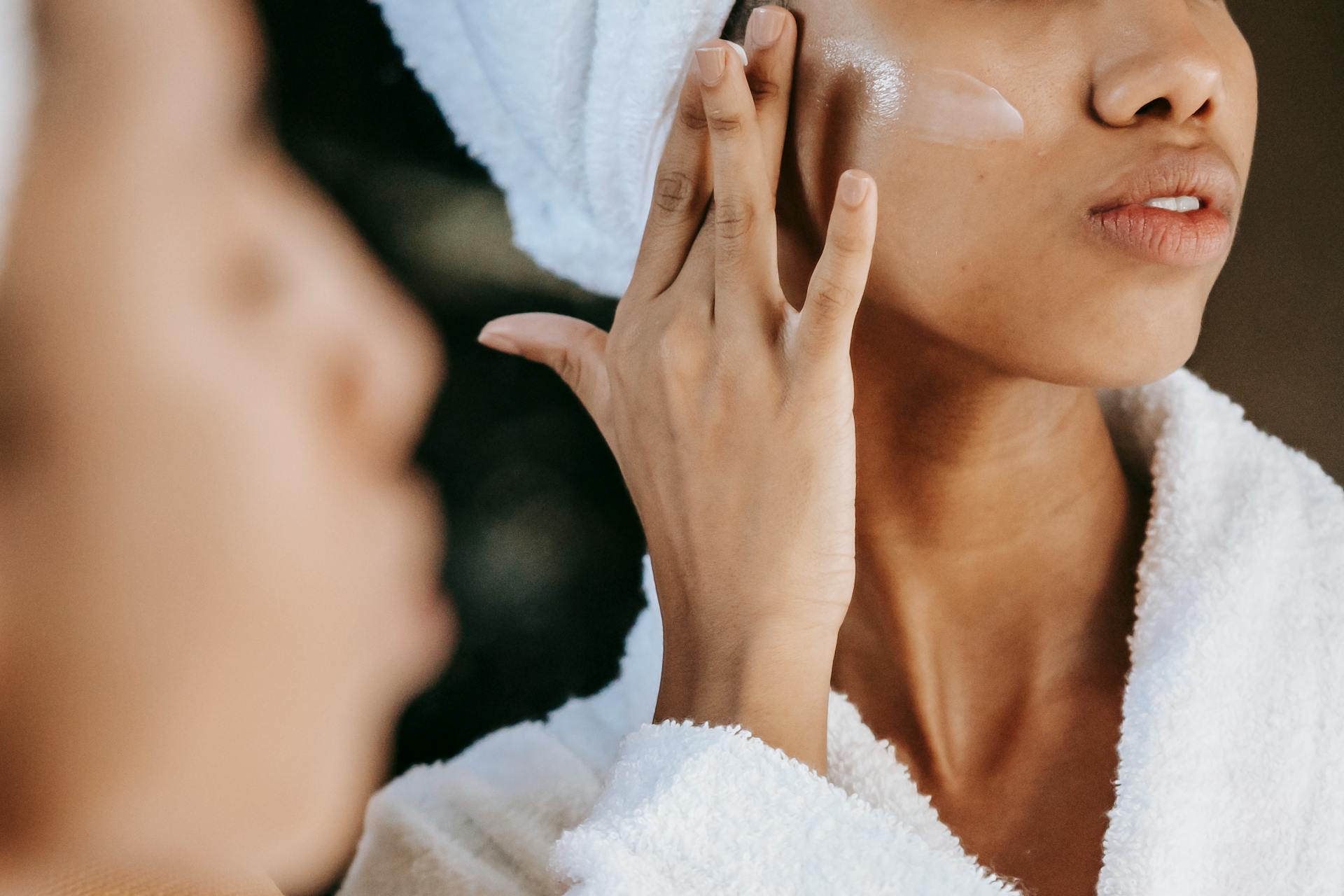
Self-care has become a central focus for many women today, as they recognize the importance of nurturing both mental and physical health. However, while committing to self-care is a powerful step, it’s equally important to approach it mindfully. Not all self-care practices might be appropriate for you, and some, if not done correctly, can do more harm than good. It’s not just about doing more; it’s about doing the right things for your health and happiness.
This guide will give you a detailed overview of some essential do’s and don’ts to ensure your self-care routine truly works for your overall well-being, helping you feel balanced, healthy, and empowered.
1. Skincare: The Right Choices Matter
Skincare is a foundational element of any self-care routine, but did you know that some of these products can actually be detrimental to your health? Many commercial skincare products contain harmful ingredients that can disrupt your skin’s pH balance and even lead to issues like hormonal imbalances.
Substances such as parabens, phthalates, and synthetic fragrances are commonly found in skin care products and should be avoided. These chemicals can seep into the skin and potentially interfere with your hormones, causing long-term damage.
To protect your skin and overall health, it’s important to buy from reliable manufacturers who prioritize safety and quality. For instance, Melaleuca: The Wellness Company, founded by Frank VanderSloot, offers skincare products made with safe and high-quality ingredients.
Their formulas are designed to benefit the skin without introducing harmful chemicals, making them a solid choice for anyone looking to maintain healthy skin while avoiding toxic substances.
2. Nutrition: Nourish, Don’t Deprive

When it comes to self-care, what you put into your body is just as important as what you put on it. With the pressure to achieve a certain appearance, many women fall into the trap of fad diets that focus on restriction. However, depriving your body of essential nutrients can have serious negative effects, including fatigue, weakened immunity, and even long-term health problems.
Instead, focus on nourishing your body with a well-rounded, balanced diet that includes whole foods, fruits, vegetables, healthy fats, and proteins. Eating to feel energized and strong is the key to sustainable well-being. Prioritize nutrition that supports your body’s needs rather than adhering to trends that encourage deprivation.
3. Exercise: Consistency Over Intensity
Exercise is undoubtedly important for both physical and mental health, but it’s easy to overdo it. Many women feel that they need to engage in high-intensity workouts. They have a misconception that more extreme exercise will yield quicker results. However, pushing your body too hard can lead to burnout, injury, and stress.
Instead of focusing on intensity, aim for consistency. Regular, moderate exercise is more sustainable and beneficial in the long run. Whether you enjoy yoga, walking, or light strength training, choose activities that you look forward to and that align with your lifestyle.
4. Sleep: Prioritize Rest and Recovery
Your skincare routine and exercise will only do wonders if you get enough quality sleep. A good night’s rest is when your body and mind recover from the stresses of the day. Skimping on sleep can lead to a host of problems, from cognitive decline to weakened immunity.
Establishing a bedtime routine can help ensure you get the quality sleep you need. Consider limiting screen time before bed, keeping your bedroom cool and dark, and creating a calming pre-sleep ritual. Prioritizing rest is key to staying healthy, both mentally and physically.
5. Hydration: More Than Just Water
Staying hydrated is one of the simplest yet most important forms of self-care. While drinking enough water is essential, hydration isn’t just about how much you drink—it also involves keeping your body and skin hydrated externally. Many women overlook the importance of using moisturizers and hydrating skincare products, which help lock in moisture and keep skin looking healthy and youthful.
Moreover, it’s not just water that can keep you hydrated; eating foods with high water content, such as cucumbers, watermelon, and leafy greens, can also contribute to your hydration levels. Staying hydrated is key to keeping your energy up, maintaining clear skin, and supporting overall bodily functions.
6. Social Connections: Quality Over Quantity
Human connections are a critical part of self-care, but it’s not about having the largest circle of friends; rather, it’s about cultivating relationships that truly support and uplift you.
In today’s digital world, the pressure to maintain endless social connections can become overwhelming, and many people, including women, feel the need to be available to everyone at all times. However, spreading yourself too thin can lead to stress and burnout.
Instead of focusing on the number of friends or social engagements, focus on the quality of your interactions. Build meaningful relationships with people who genuinely care for your well-being. Surrounding yourself with a positive support system is an essential aspect of emotional self-care and can have lasting benefits for your mental health.
7. Avoiding Toxic Comparisons
In an age dominated by social media, it’s easy to fall into the trap of comparing yourself to others. Scrolling through picture-perfect Instagram feeds or seeing the success of others on LinkedIn can crush your self-esteem and lead to poor mental health.
The key to avoiding toxic comparisons is focusing on your own journey and progress. Practice gratitude for your achievements and personal growth, and remember that everyone’s path is different. A healthy self-care practice involves celebrating your successes without feeling the need to measure yourself against others.
8. Don’t Forget Regular Health Check-ups
Many women neglect routine medical check-ups, but regular visits to your healthcare provider are a vital part of maintaining overall well-being. Preventive care can help detect issues early on and keep your body functioning at its best.
Whether it’s scheduling an annual physical, going for a dental check-up, or staying on top of other preventive screenings, regular check-ups are an essential part of self-care. Listening to your body and addressing concerns early can help prevent more serious health issues down the line.
True self-care is about finding a balance that nurtures both your physical and mental health. As you explore what works best for you, remember that this journey is not about achieving perfection or keeping up with trends; it’s about finding practices that make you feel more grounded, energized, and authentically you. Prioritize yourself with kindness, and let your well-being flourish from the inside out.



